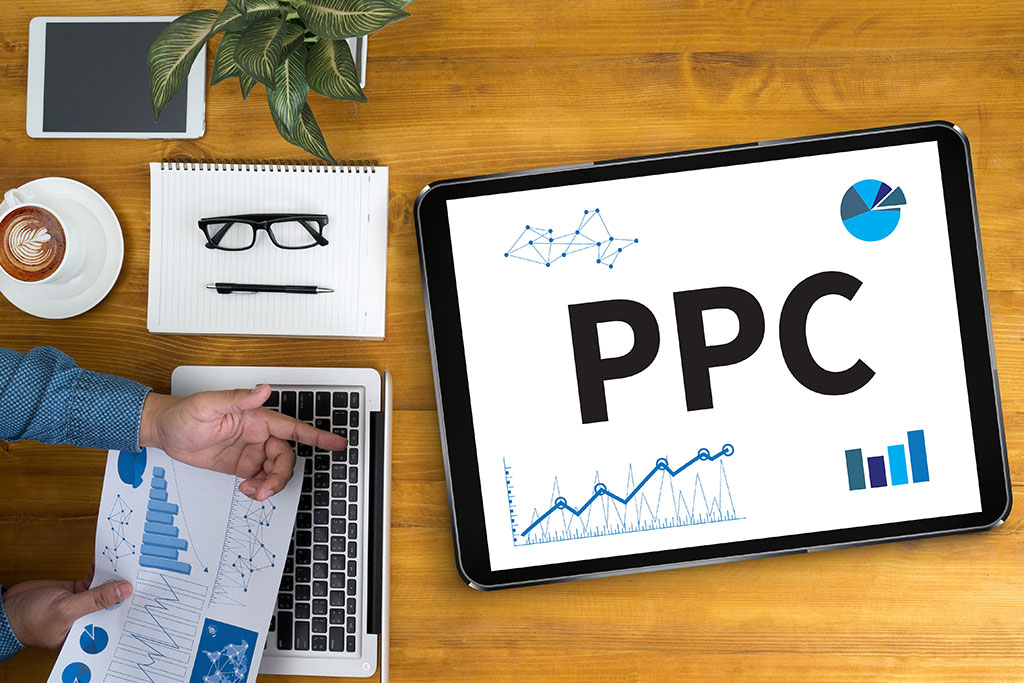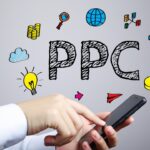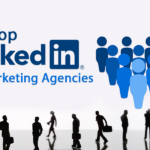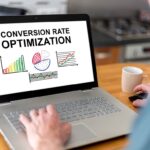Pay-per-click (PPC) is a form of digital advertising where a company pays for an ad as it gets clicked by a user. Businesses use this tool to drive users from search engines results pages (SERPs) to visit the site and hopefully subscribe or purchase products.
Startups that want to aggressively increase public awareness of their brand can use PPC and other digital marketing strategies from www.caffeinemarketing.co.uk and others.
But because of the costs involved, pay-per-click advertising can be a risky undertaking, especially since some users with malicious intent can create click farms, milking businesses of their hard-earned revenues.
Post Contents
Pros And Cons Of Pay-Per-Click (PPC) Advertising
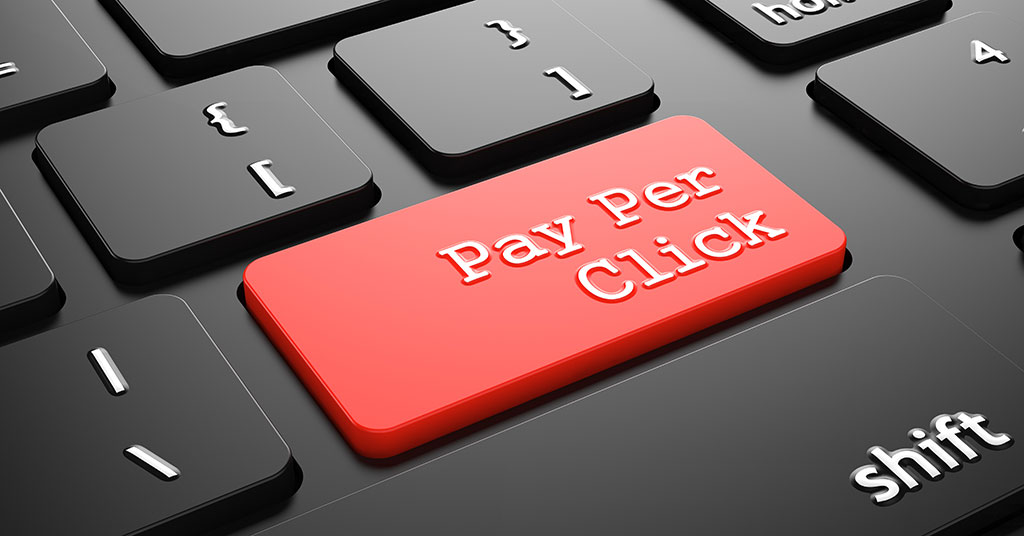
Below are the advantages and disadvantages of PPC advertising, which could help any small business in deciding whether to use this marketing technique:
Pro: You’ll Be On Top Of The Results Page
Search engines have bots that present results through analyzing the keywords entered by a user.
From these, the search engine will show the PPC adverts at the topmost part of the search engine results page.
It pays to be on top of the page as users only click on results off the SERP’s initial page.
What’s more, the first result of the search receives an average click-through rate of 28.5%, almost double the results of the second place, pegged at a 15.7% average.
Pro: It Can Generate Traffic With Fast Results
Being included in the first section of the SERP takes at least six months to a year. However, you can hasten the process of increasing site traffic through pay-per-click advertising.
With a properly crafted PPC campaign, you can see your traffic grow within one or two days.
The average conversion rate for PPC services offered by a leading search engine and software company is 3.75% across all industries.
However, this can only be achieved with professional help from digital marketing experts in your area.
Pro: It’s An Effective Strategy If Used With SEO
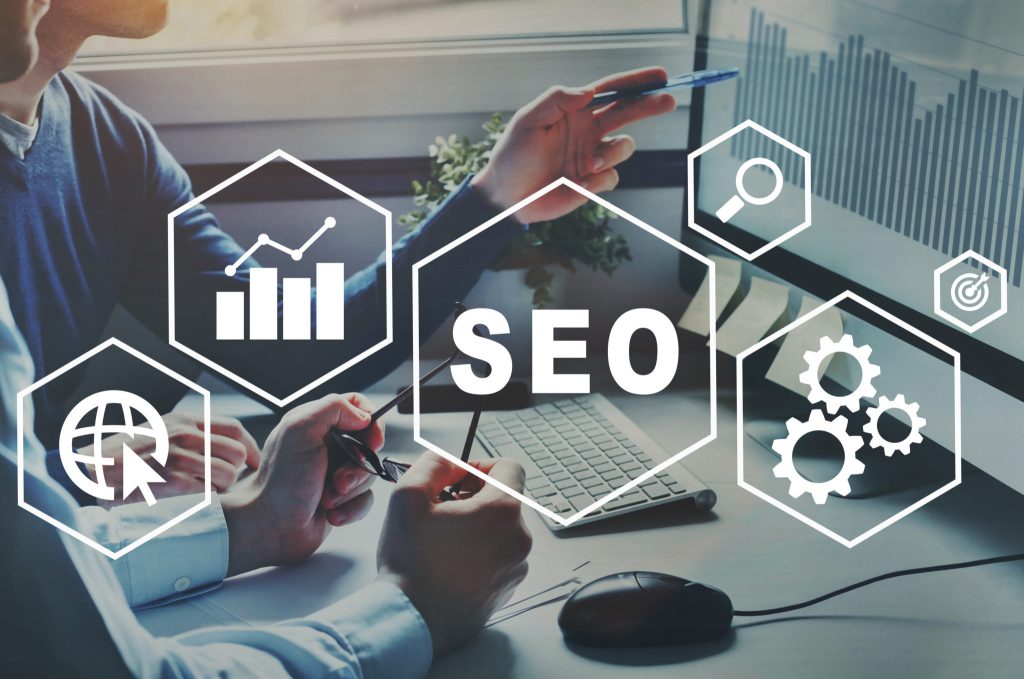
Apart from practicing good search engine optimization (SEO) techniques as a digital marketing strategy, including sound PPC methods can generate leads and result in conversions.
Some may think that SEO or PPC is enough to get you the results you want, and it is, as long as it’s crafted carefully using tested and proven strategies.
Con: PPC Don’t Equate To Sales
While your business will be paying for every click, you’re not assured of getting revenues from it simply because a click doesn’t always result in conversions and purchases.
This is one of the dangers in poorly managing a PPC campaign where your ads may show up with the wrong audience.
The average cost per action (CPA) or the actual charges for each conversion or sale is almost USD$49, WordStream stated.
This means a business could spend this amount of money just to have one user sign up for a newsletter, click on their site, registering to the site, submitting a form, or ultimately availing of a product or service.
Con: It Takes Skills

Unlike SEO, running a pay-per-click campaign is less complicated. But it doesn’t mean you won’t have to lift a finger to make it work.
PPC demands skills and expertise in keyword identification and management, creating persuasive ads, and compelling landing pages to attract leads, increase traffic, and conversions.
After its initial launch, a PPC campaign needs to be monitored and analyzed. If the results aren’t as favorable as expected, you’d have to make a few tweaks to improve traffic and conversion figures.
Con: It’s Not Sustainable
Because of the costs involved and the risks of overspending, it’s not a good tool to use in your long-term marketing campaign. This means it’ll likely lose its magic once your service contract expires.
In some cases, it can also force you and your competitors to pay higher costs to earn the right at the top spot for specific keywords.
It’s not as feasible in the long haul compared to SEO and content marketing, which only requires effort and time to maintain.
With these free marketing strategies, you can reduce your advertising costs while waiting for your next PPC campaign.
Conclusion
PPC advertising may not be cost-free, as compared to other digital marketing tools, but what sets it apart from the others is it can deliver results within a short period.
When used properly and designed by marketing professionals, you can rely on a pay-per-click campaign to drive conversions and sales.
This is highly beneficial if you’re a startup eager to stir brand awareness, increase site traffic, and attract potential customers.
Ultimately, this campaign should be used in conjunction with other methods for a more effective online business campaign.







